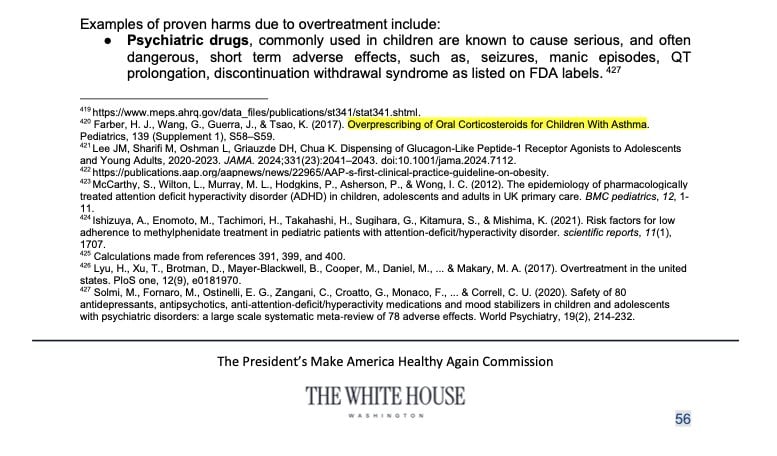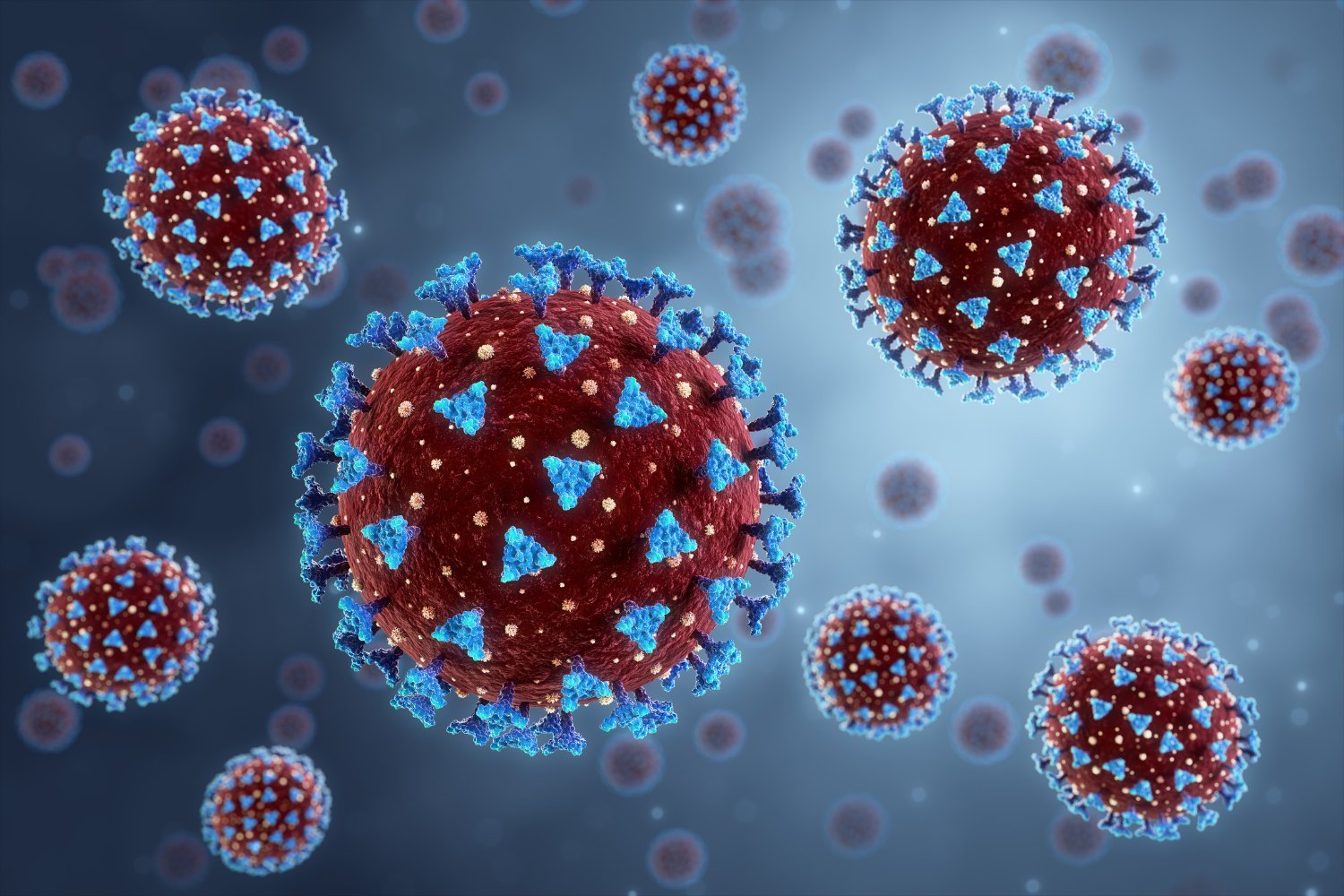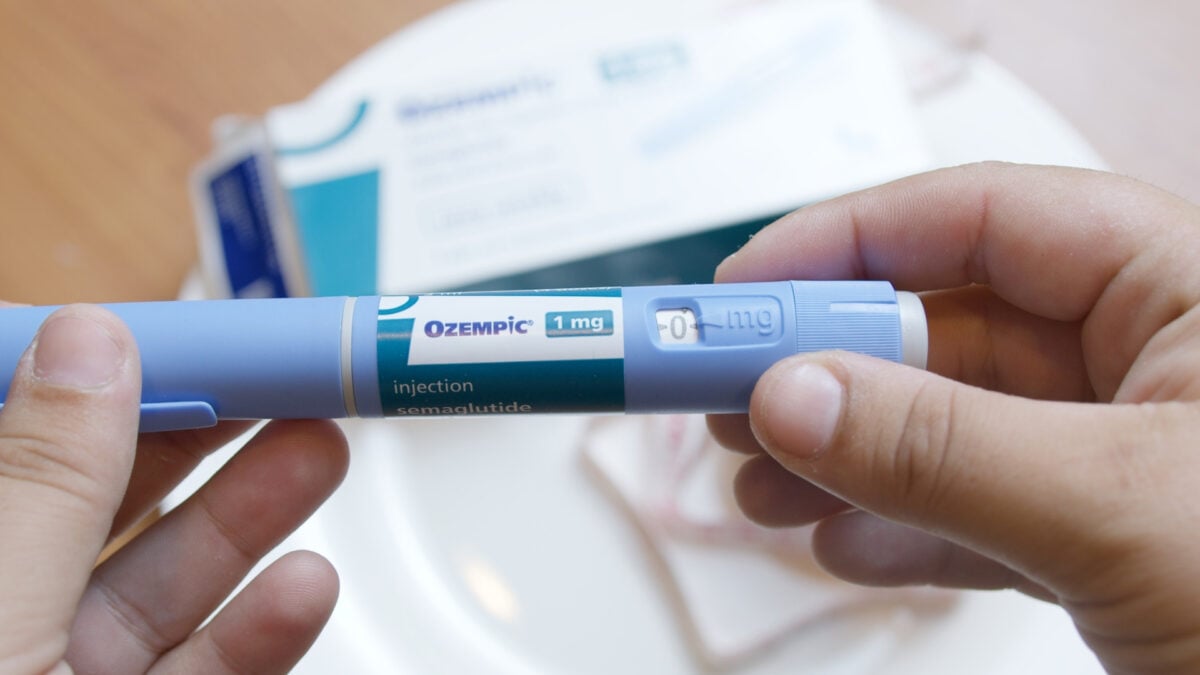The Trump administration recently unveiled the “Make America Healthy Again” (MAHA) Report, a new initiative from Robert F. Kennedy Jr.’s commission. However, the report, intended to reshape American health, is now under intense scrutiny. An investigation by the nonprofit news outlet NOTUS has revealed that several studies cited within the MAHA Report are nonexistent, casting serious doubt on its findings and overall integrity. This controversy surrounding the MAHA Report fake studies raises significant concerns about the foundation of its health recommendations.
Investigation Exposes Widespread Citation Flaws
NOTUS reporters conducted a meticulous five-day review of the 522 citations listed in the MAHA Report. Their findings paint a troubling picture of academic sloppiness and potential deception. The investigation uncovered numerous issues, including dozens of broken links to source material, studies attributed to incorrect or missing authors, and citations referencing incorrect issue numbers for the journals in which they supposedly appeared.
The most alarming discovery, however, was that at least seven of the cited studies simply do not exist. These phantom papers form the basis for some of the report’s key assertions, undermining its scientific claims. The presence of such fundamental errors points to a severe lack of rigor in the report’s compilation and verification processes.
Dubious Claims Built on Nonexistent Research
Several specific examples highlight the severity of the MAHA Report’s citation problems. For instance, the report claims that direct-to-consumer drug advertising has fueled an increase in ADHD and depression prescriptions for children. The study cited to support this claim is: Findling, R. L., et al. (2009). Direct-to-consumer advertising of psychotropic medications for youth: A growing concern. Journal of Child and Adolescent Psychopharmacology, 19(5), 487-492.
However, this study is nowhere to be found – not in the Journal of Child and Adolescent Psychopharmacology or any other academic database. The purported lead author, Robert L. Findling, is a real academic at Virginia Commonwealth University. Yet, a spokesperson for the university confirmed to NOTUS that Dr. Findling did not author any such study.
In another instance, the MAHA Report asserts that 25% to 40% of mild asthma cases in children are overprescribed corticosteroids. This claim is attributed to a 2017 paper titled, “Overprescribing of Corticosteroids for Children with Asthma.” This paper, too, appears to be fabricated, as it could not be located by investigators.
 MAHA Report citation errors highlighted, showing nonexistent study on asthma overprescription
MAHA Report citation errors highlighted, showing nonexistent study on asthma overprescription
Beyond entirely fake studies, NOTUS identified issues with how real studies were presented. The MAHA Report references a paper on screen time’s impact on children’s sleep, supposedly published in the journal Pediatrics. While a real paper on screen time and sleep exists, it was not published in Pediatrics and, crucially, its subjects were adults, not children. Such misrepresentations are reportedly common throughout the document, further eroding the report’s credibility.
White House Response Downplays Serious Errors
When confronted with NOTUS’s findings during a press briefing on Thursday, White House Press Secretary Karoline Leavitt dismissed the significant inaccuracies. Leavitt characterized the issues as mere “formatting issues” and stated that these were being addressed and the report would be “updated.”
“I understand there were some formatting issues with the MAHA report that are being addressed in the report will be updated, but it does not negate the substance of the report, which as you know is one of the most transformative health reports that has ever been released by the federal government, and is backed on good science that has never been recognized by the federal government,” Leavitt asserted. This response fails to acknowledge the gravity of citing nonexistent research as a basis for policy recommendations.
When questioned about the potential use of artificial intelligence tools in creating the report, particularly in light of such errors, Leavitt deflected, stating she “can’t speak to that” and referred inquiries to the Department of Health and Human Services.
The Specter of AI-Generated Disinformation
While there’s no confirmation that AI was used to generate parts of the MAHA Report, the nature of the errors aligns with known issues in AI-generated content. The White House has actively promoted AI development and investment. However, understanding the capabilities and risks of generative AI is crucial, as these tools are notorious for “hallucinating” information, including fabricating entire studies or book titles when prompted for lists. A recent incident involving a freelance writer for the Chicago Sun-Times, who used AI to generate a summer book list, found that 10 out of the 15 recommended books did not exist, although many named authors were real.
The fundamental problem is that relying on AI for research or citation generation necessitates rigorous human fact-checking. If the output of AI tools must be meticulously verified, the efficiency gains can be negated, potentially making traditional research methods like using Google Scholar more reliable and less labor-intensive.
Implications for Public Health and Trust
The controversy surrounding the MAHA Report is amplified by the profile of its commissioner, Robert F. Kennedy Jr. Known for his strong anti-vaccine stance and for questioning established scientific principles like germ theory, his leadership on a major public health initiative was already contentious. The revelation that his commission’s flagship report is based, at least in part, on fraudulent citations raises profound questions about the future of the U.S. public health system under such oversight.
The integrity of government-backed health reports is paramount. When such documents are found to contain fabricated evidence, it not only undermines the specific report but also erodes public trust in governmental health institutions and their guidance. This scandal involving the MAHA Report’s fake studies demands accountability and a thorough review of how such critical information is compiled and vetted. The potential impact on how technology is shaping the future of public health also warrants careful consideration, ensuring that innovation does not come at the cost of accuracy and trustworthiness.
For continued in-depth analysis of technology, science, and critical policy issues, stay tuned to MaagX.











